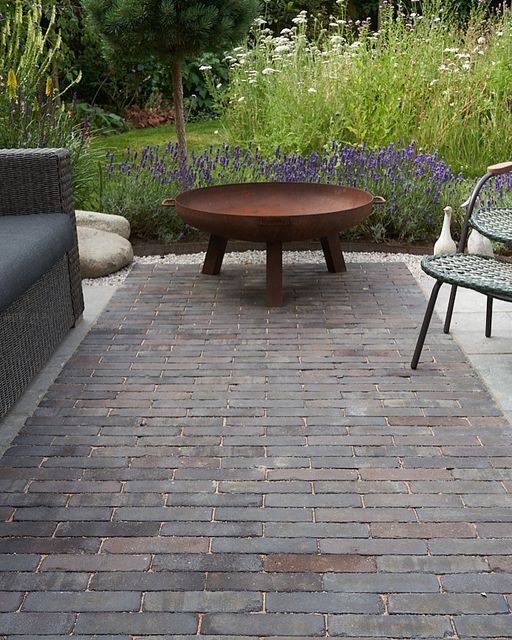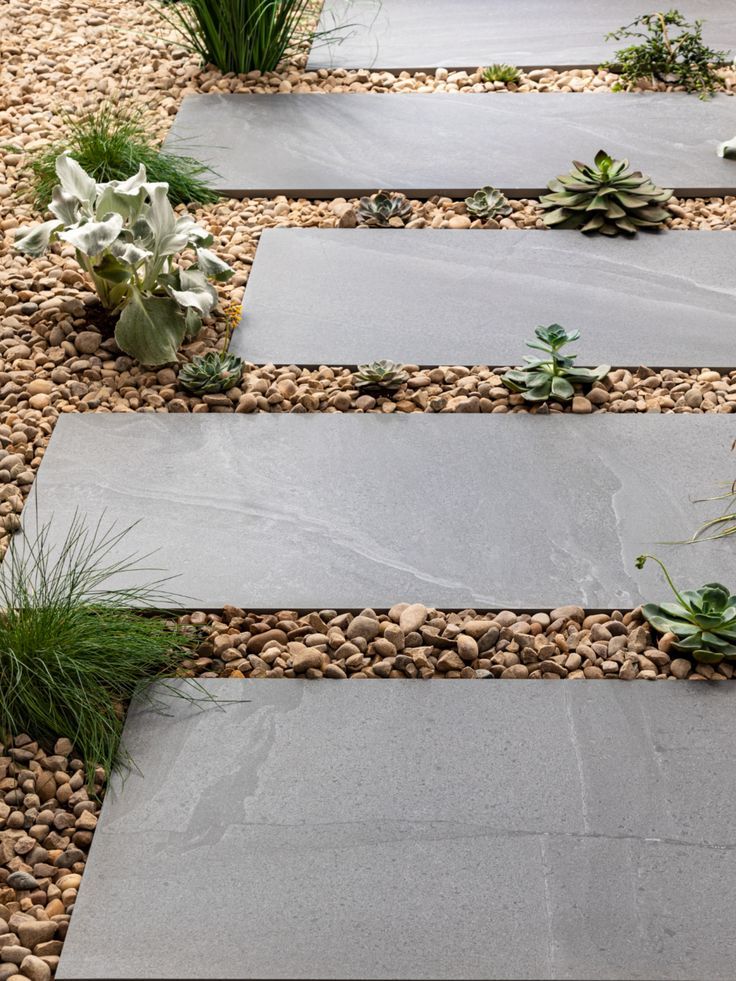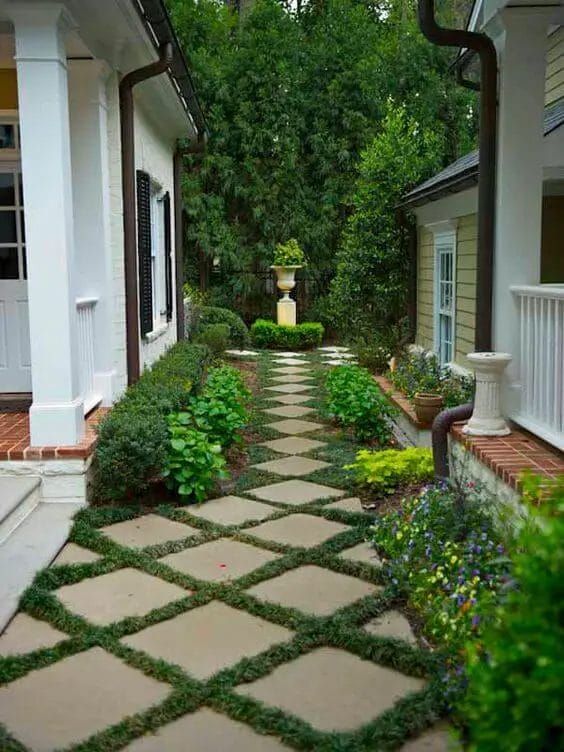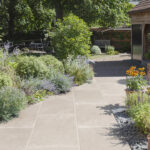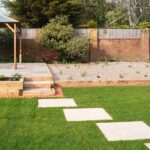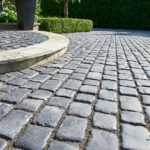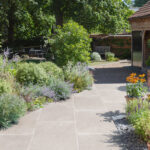Garden paving is an essential aspect of any outdoor space, providing both functionality and aesthetic appeal. Paving can transform a dull and uninspiring garden into a stylish and functional outdoor area. There are numerous options available when it comes to choosing the right paving for your garden, from traditional materials such as natural stone and brick to more contemporary choices like concrete and porcelain.
One of the primary reasons to consider garden paving is the practicality it offers. Paving can create defined pathways, patio areas, and seating spaces, making it easier to navigate through the garden and utilize the outdoor space efficiently. It can also help to prevent weeds from growing in between plants and keeps mud at bay, especially in high-traffic areas. Additionally, well-laid paving can increase the value of your property by enhancing its overall appearance and functionality.
When choosing garden paving, it’s essential to consider the style and theme of your outdoor space. Natural stone paving, such as sandstone or limestone, can create a rustic and traditional look, while sleek porcelain or concrete paving can give your garden a modern and contemporary feel. The color and texture of the paving should complement the existing features of your garden, such as plants, furniture, and outdoor structures, to create a cohesive and harmonious design.
Maintenance is another crucial factor to consider when selecting garden paving. Some materials, like natural stone, may require regular sealing and cleaning to prevent staining and keep them looking their best. Concrete and porcelain paving, on the other hand, are more durable and low-maintenance options that can withstand harsh weather conditions and heavy foot traffic. Choosing the right paving material that suits your lifestyle and maintenance preferences is essential to ensure the longevity and beauty of your outdoor space.
Installation plays a significant role in the success of garden paving. It’s advisable to hire a professional landscaper or paving contractor to ensure the paving is laid correctly and securely. Proper installation involves preparing the ground, leveling and compacting the base, and laying the paving stones or slabs in a consistent and uniform pattern. Attention to detail during installation is crucial to avoid issues like uneven surfaces, loose stones, or water pooling, which can affect the longevity and functionality of the paving.
In conclusion, garden paving is an essential element in creating a beautiful and practical outdoor space. By carefully considering factors such as style, maintenance, and installation, you can choose the right paving material that enhances the overall look and functionality of your garden. Whether you prefer a traditional, rustic, or modern design, there are numerous options available to suit your taste and budget. With the right paving, you can transform your garden into a stylish and inviting outdoor retreat that you can enjoy for years to come.
